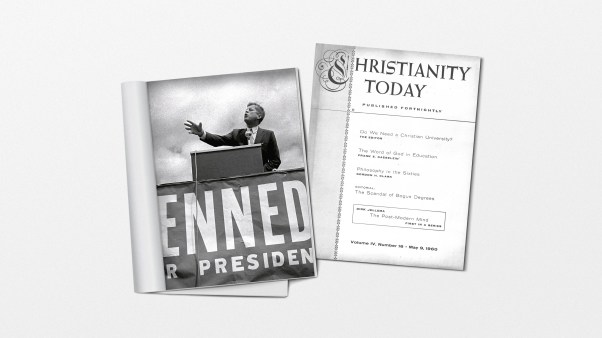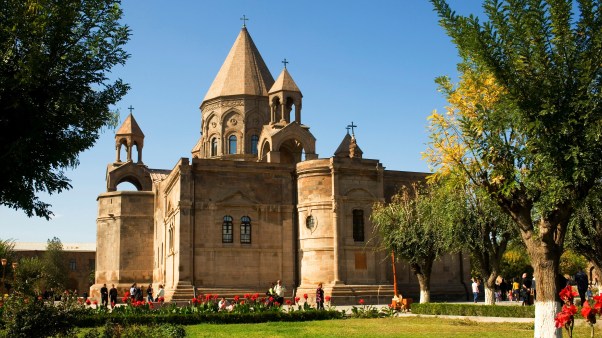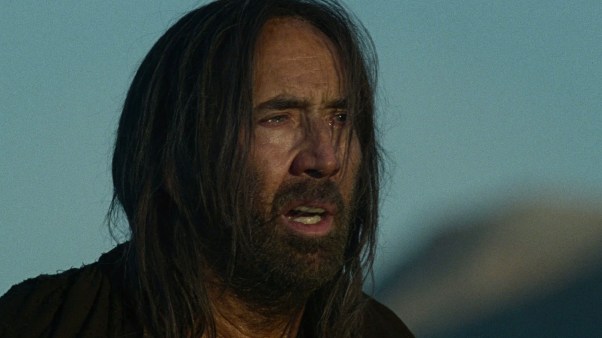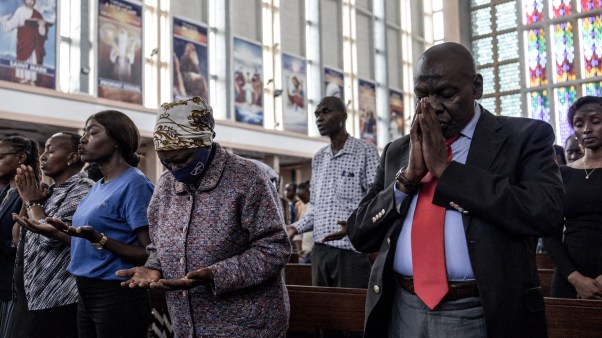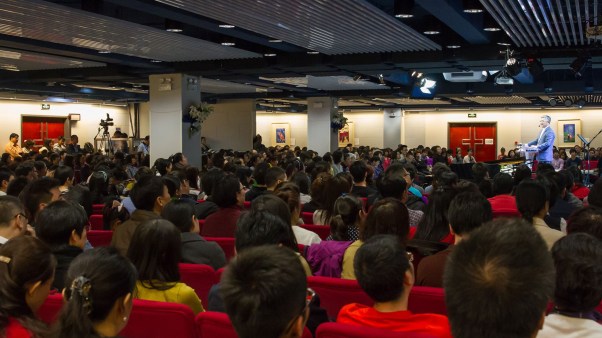As a lawsuit over religious displays in Italian public classrooms makes its way up the European Court ladder, Italian evangelicals have joined those opposing the government's use of crucifixes.
The European Court of Human Rights (ECHR) ruled last November that such displays violate children's right to freedom of religion. Italy and 10 other member states of the Council of Europe are appealing the decision, which is binding on all 47 members. The states argue that the crucifix is more a cultural than a religious symbol.
The Italian Evangelical Alliance (IEA) supports the echr's religious symbol ban for several reasons, said vice chairman Leonardo De Chirico. The case deals specifically with a Roman Catholic symbol—the cross with a dying Christ on it—not the more general Christian cross. Its public display represents the imposition of Catholicism as the state religion, which ended in 1984. And the IEA is committed to the separation of church and state.
Rather than focusing on symbolic cases, De Chirico said, Christians worldwide should partner with Italian evangelicals to ensure true freedom of religion in the country.
"We would hope that evangelicals worldwide support religious liberty for minorities," he said, "not vestiges of a nominally Christian system of power."
This summer, the IEA and other Italian faith groups hosted a 1,000-person march for religious freedom in Rome to protest what they perceive as Roman Catholic favoritism. Coverage of Catholic events takes up most religion coverage in the national media, De Chirico said, and Rome's city council plans to build 51 Catholic churches with public funds. Protestant clergy and schools, by contrast, do not receive government support, and often have trouble registering with government agencies.
The European Religious Liberty Forum of the European Evangelical Alliance discussed the case at its April meeting in Istanbul.
Most representatives saw the court's decision as infringing on national rights, said Julia Doxat-Purser, religious liberty coordinator for the alliance. Evangelicals from nations with Communist pasts were even concerned the decision represents a move back to a stripped-down, Soviet-era public square.
By contrast, evangelicals from Roman Catholic contexts, such as Italy, Spain, and Portugal, believe "the concept of secularism is liberating" because it "gives room for other faith groups to exist and to thrive," she said.
"The [November] decision was shocking in that the [ECHR], which could be viewed as Europe's most important defender of human rights, was apparently calling for the banning of religious symbols in public buildings," Doxat-Purser said."It was a dangerous, secularizing step and an infringement of national culture and autonomy. [Yet] faith minorities do feel oppressed by the constant symbolic reminder of the power of the Roman Catholic Church in Italy and elsewhere."
Gregor Puppinck, director of the European Center for Law and Justice, an affiliate of the American Center for Law and Justice, noted that almost half of the Council of Europe's 47 members have either filed friend of the court briefs supporting Italy or issued statements in favor of displaying crucifixes.
Puppinck said it is inappropriate for the court to take a position on something so specific to a certain country.
"Religion is not a purely individual reality. The social dimension of religion is essential," Puppinck said. "Christianity is a living heritage: remove Christianity from society, and you will strongly contribute to removing faith from the heart of the next generations."
A final ruling from the ECHR is expected this fall.
Copyright © 2010 Christianity Today. Click for reprint information.
Related Elsewhere:
Read previous articles on Italy from Christianity Today.



